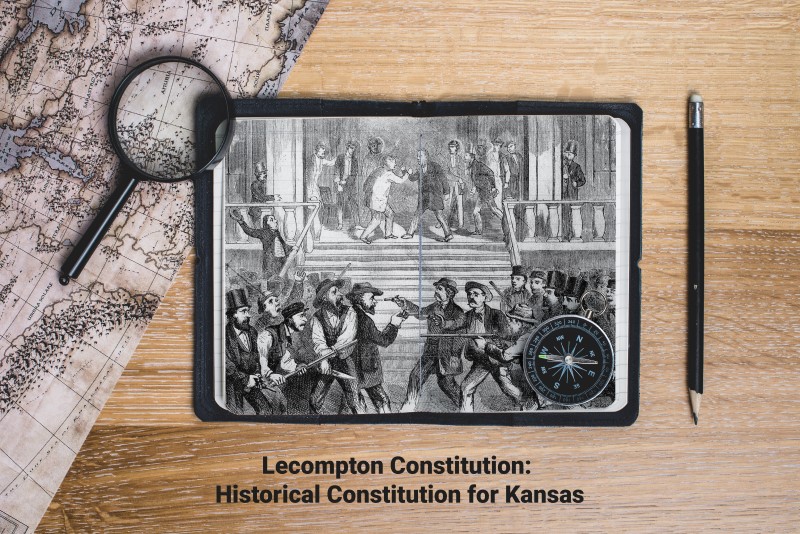Wondering what are the reasons to hire a car accident lawyer? You are in the right place!
You get hit. Your car’s banged up, your neck feels off, and now someone from the insurance company is leaving voicemails asking for a statement. You weren’t planning to talk to a lawyer, but you’re starting to wonder if handling this alone is a mistake.
Some cases don’t need attorney involvement. Others spiral fast—especially when medical bills stack up, fault is disputed, or the settlement doesn’t come close to covering what you’ve lost.
The tough part is knowing where your situation falls. And by the time it’s obvious, you might’ve already given up leverage you didn’t realize you had.
Why People Wait—and Why It Backfires
Most people don’t call a lawyer right away. It feels too early. The insurance company sounds polite enough. You don’t want to “make it a thing.”
So you wait—until the pain doesn’t fade, or the bills come in, or the offer shows up and it’s nowhere near what you expected.
By then, damage is already done. You might’ve said something on a recorded call that weakens your claim. Or you missed the chance to document something the insurer now questions.
Waiting feels safe in the moment. But it’s a gamble—and the longer you hold off, the more leverage you give up without realizing it.
When Hiring a Lawyer Makes Sense: Reasons to Hire a Car Accident Lawyer
Knowing when to hire a car accident attorney can save you from missteps that are hard to undo later. Some crashes are easy to deal with. Others aren’t.
If any part of your situation feels unsettled—medically, financially, or factually—it’s worth talking to someone who handles this kind of thing every day. Here are a few examples that raise red flags:
1. You’re Hurt, and It’s Not Just a Sore Neck
The most important among the reasons to hire a car accident lawyer is the fact that you rae in pain and you need compensation!
Pain that doesn’t go away. X-rays that lead to follow-ups. A wrist that needs a cast—or worse, surgery. If your recovery isn’t quick and clean, the case probably isn’t either. And trying to guess the long-term cost of an injury while you’re still in it is next to impossible.
Lawyers look beyond the immediate bills. They factor in missed work, treatment that hasn’t happened yet, and how your daily life has changed. The insurance company won’t do that on its own.
2. The Insurance Company Is Rushing You
If they offer you money fast, it’s not because they’re being generous. It’s because they want to close the file before the full picture comes into view.
Once you cash that check or sign a release, you’re locked in—no matter what turns up later. Watch out for signs they’re trying to move things along a little too quickly:
- You’re asked to give a recorded statement within days
- They offer a settlement before you’ve finished treatment
- You’re told your pain isn’t “worth” much without more documentation
- You’re discouraged from getting a second opinion
It’s hard to push back on those things without help. A lawyer knows what your case could actually be worth—and how to keep the conversation grounded in facts, not pressure tactics.
3. Fault Isn’t As Clear As You Thought
Sometimes the other driver admits fault on the spot. But once the claim’s filed, the story can shift. They might say you braked too fast, or try to pin part of it on you.
You could be sure you did nothing wrong—but that doesn’t mean the paperwork backs you up. Reports can be messy. Witnesses forget things. And once blame starts getting split, your payout usually drops.
An attorney can help clean it up. That means finding video, pulling data, or bringing in experts if needed—whatever it takes to make your side hold up under scrutiny.
4. The Crash Is Costing You More Than You Expected
Even a mild injury can mess with your routine. Maybe you had to miss a week of work. Maybe your kid needed help because you couldn’t drive. Or you burned through vacation days just to get to appointments.
Those aren’t just annoyances—they’re losses. And if no one’s tracking them, they usually get ignored.
A good attorney helps you pin down the ripple effects. That might include:
- A paycheck that disappeared because you couldn’t clock in—and no way to make up the hours
- A stack of medical bills with “not covered” stamped across the top
- Therapy sessions or follow-ups that you didn’t budget for but now have to squeeze in each week
- Hiring someone to handle errands or household stuff you couldn’t manage while recovering
The point isn’t to exaggerate. It’s to show what the crash actually took from you—and to back it up with proof that holds up if the claim gets challenged.
5. The Other Driver Was Working When It Happened
If the crash involved a delivery van, a rideshare driver, or someone in a company vehicle, things get complicated fast.
You’re not just dealing with one person’s insurance anymore. There could be a second policy. Or a company trying to say the driver wasn’t officially “on the clock.”
Commercial accident cases turn into finger-pointing contests. One insurer might try to push it off on the other. Meanwhile, you’re left waiting—without a clear answer on who’s paying for what.
Attorneys who’ve handled cases like this before know where the hold-ups happen. They figure out which policy applies, who’s actually responsible, and how to move the process forward without letting your claim get buried in red tape.
What a Car Accident Attorney Actually Does
What does a car accident lawyer actually do? Most people picture lawsuits. Courtrooms. Maybe a trial. But that’s not what most attorneys spend their time on. The real work starts long before anything gets filed.
It’s about building leverage—piece by piece—so the insurance company takes your claim seriously.
They Gather The Proof You Probably Wouldn’t Think To Ask For
It’s more than just the police report. They’ll get your medical notes, follow-up records, photos, and statements from people who saw what happened. If something’s missing—like security footage or expert insight—they know where to look and how to use it.
They Take Over The Insurance Calls
Once a lawyer steps in, you don’t have to field repetitive questions or worry about how your answers might be used later. The back-and-forth becomes their job, not yours.
They Calculate What The Case Is Really Worth
It’s not just bills and receipts. They look at lost income, future care, day-to-day disruptions—anything that’s changed because of the crash. Then they figure out how to prove it in a way that actually holds up.
They Handle The Negotiation
Insurance companies don’t usually lead with their best number. Your attorney pushes back, shows the documentation, and works the case until there’s an offer that reflects what you’ve actually been through.
And If Needed, They’ll Take It Further
Most cases settle. But not all of them. If the insurer won’t move, your lawyer can file a lawsuit and take things into discovery. That means depositions, evidence exchange, and full prep for trial—if that’s what it takes to get results.
What It Costs to Hire a Car Accident Attorney
Most attorneys don’t charge anything up front. Instead, they work on what’s called a contingency fee.
That just means they only get paid if they win the case or negotiate a settlement. If nothing comes in, you don’t owe them anything.
The fee usually comes out of the money they recover—not out of your own bank account. It’s usually a percentage, and sometimes that number changes if things go to court. Some firms charge the same percentage no matter what.
Others might take a little more if things head into litigation. You’ll be able to review the details before anything moves forward.
It’s also fine to ask how they handle outside costs—like pulling medical records or hiring experts.
Most firms cover those as the case goes on and subtract them from the final check. If things don’t work out, you typically aren’t expected to pay those back.
Before You Hire a Lawyer, Get These Answers First
Some attorneys sound great until you actually start working with them. Before you sign anything, it helps to get a feel for how they operate—and what to expect if things take a while.
- Have they worked on cases like yours? Not just car accidents in general, but claims with similar injuries or issues. Experience matters when things don’t follow a predictable path.
- Who will you actually hear from? Some firms pass you off to staff after the first call. Others keep the attorney involved all the way through.
- How do they handle updates? If something important happens, will they call you? Or are you expected to chase them down? That one detail can make a big difference during a long claim.
- What do they see as the challenge? A good attorney should have a quick read on the case. Ask what might hold it up or make it harder to settle. Their answer will tell you how closely they’re paying attention.
- How does the fee actually work? You should walk away knowing exactly when they get paid, how much, and what happens if the case settles early or goes to court. If the money side isn’t clear, it’s a problem.
None of this has to be confrontational. You’re just making sure they run things in a way that works for you. And how they answer tells you just as much as what they say.
Your Legal Guide: Don’t Let the Insurance Company Make the Call for You
Adjusters deal with claims all day long. They know how to keep the conversation polite while guiding things in a direction that saves them money. That’s just how it works.
But if they’re saying you don’t need a lawyer? That’s worth paying attention to. There’s usually a reason—and it’s not because they’re looking out for you.
It’s your recovery. Your bills. Your time off work. If something gets missed or brushed aside, you’re the one holding the bag.
Talking to an attorney doesn’t mean you’re filing anything. It means you want to know where you stand—before signing off on something you can’t undo.
Read More:
















